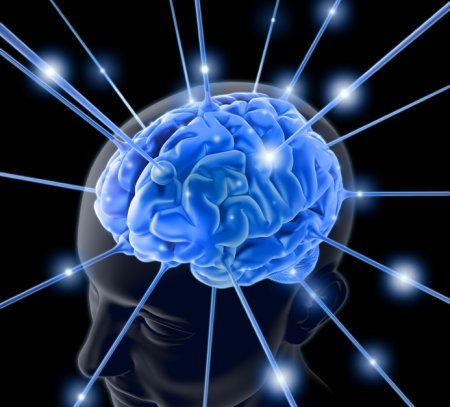Eggplant has some interesting properties, including reducing intraocular pressure and ... reducing cholesterol!
http://www.nigeriagalleria.com/Health_Lifestyle/Health_Diet/Garden_Egg_a...
I found several articles by researchers in Nigeria that describe eggplant's effects. What we call eggplant, they call garden egg ... same vegetable, though.
For the past several months I have increased my consumption of eggplant but I don't measure my intraocular pressure as many of you here do. I wonder if someone might want to try a plate of eggplant for lunch and then measure your IOP and report back to the rest of us.
I suspect that the effect lasts 3-4 hours, but perhaps longer??? I take three different eyedrops: two in the morning, one in mid-afternoon, and three at bedtime. I figured that eating the eggplant at lunchtime would possibly fill the gap at that time of day, but perhaps dinnertime would be best since IOP rises during the night for most of us. Having actual measurement results would be useful.
Richelle

EDIT:
See the abstract here: Effects of Solanum melongena (garden egg) on some visual functio
Also, be sure to see this comment: Some News: My Eye Pressure Results After Eating Eggplant

 Low blood pressure can be a problem for glaucoma patients because it results in insufficient blood supply to the optic nerve.
Low blood pressure can be a problem for glaucoma patients because it results in insufficient blood supply to the optic nerve.
